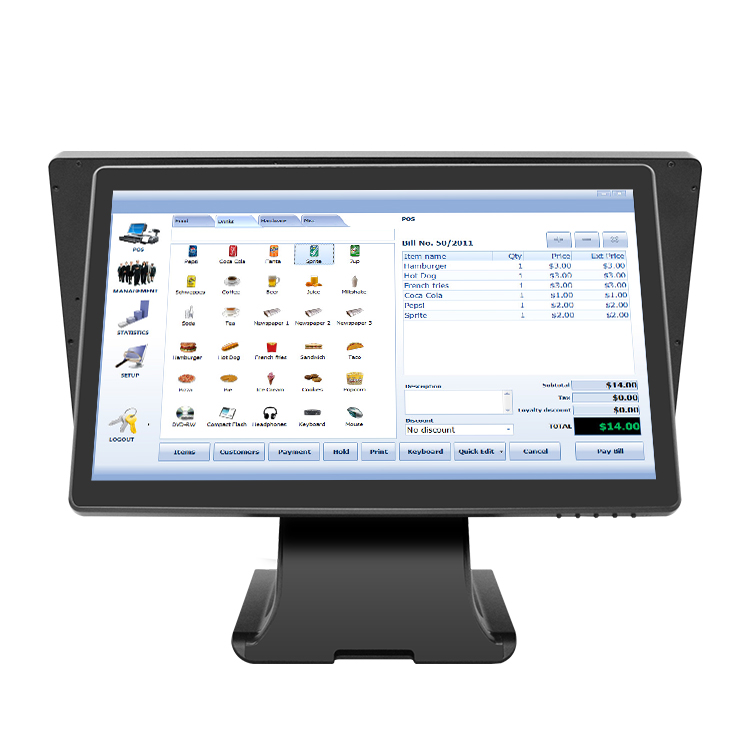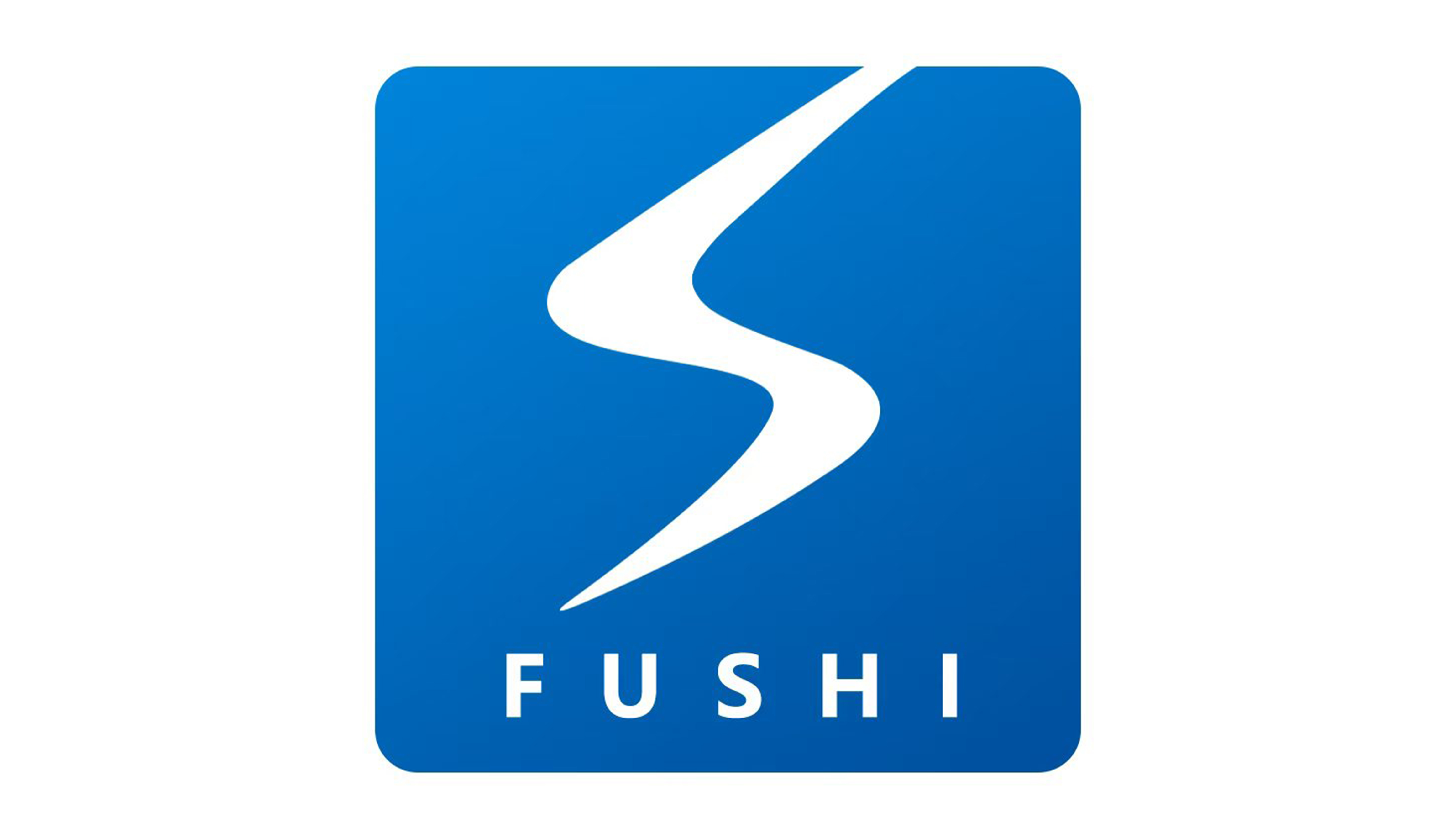A point of sale (POS) terminal is a fundamental tool for businesses of all sizes, facilitating transactions, managing inventory, and providing valuable insights into sales data. With the advancement of technology, modern POS terminals offer a wide range of features designed to streamline operations and enhance the overall customer experience. Let's explore some of the primary features of a point of sale terminal:
1. Touch Screen Interface:
Many modern POS terminals feature a user-friendly touch screen interface, allowing cashiers to navigate menus, process transactions, and access various functions with ease. The touch screen interface enhances efficiency and reduces errors during the checkout process.
2. Inventory Management:
A key feature of POS terminals is their ability to manage inventory effectively. With built-in inventory tracking capabilities, businesses can monitor stock levels, track product movement, and receive alerts for low stock items. This helps prevent stockouts, optimize ordering, and improve overall inventory control.
3. Sales Reporting and Analytics:
POS terminals provide robust reporting and analytics tools that enable businesses to gain valuable insights into their sales performance. Through customizable reports, businesses can analyze sales trends, track top-selling products, and identify opportunities for growth. These insights inform strategic decision-making and help businesses optimize their operations.

4. Payment Processing:
Payment processing is a core function of any POS terminal. Modern POS terminals support various payment methods, including credit cards, debit cards, mobile payments, and contactless payments. With secure payment processing capabilities, businesses can offer customers convenient and secure payment options, enhancing the overall shopping experience.
5. Customer Relationship Management (CRM):
Some POS terminals come equipped with CRM functionality, allowing businesses to track customer interactions, capture customer data, and create personalized marketing campaigns. By building customer profiles and analyzing purchasing behavior, businesses can tailor promotions and offers to individual customers, fostering loyalty and increasing repeat sales.
6. Integration with Third-Party Applications:
POS terminals often offer integration capabilities with a wide range of third-party applications, such as accounting software, e-commerce platforms, and loyalty programs. Seamless integration allows businesses to streamline processes, eliminate manual data entry, and ensure consistency across systems.
7. Employee Management:
POS terminals may include features for employee management, such as clocking in and out, tracking employee hours, and managing access levels. These features help businesses manage staffing effectively, track labor costs, and ensure compliance with labor regulations.
8. Customizable Settings and Permissions:
POS terminals offer customizable settings and permissions that allow businesses to tailor the system to their specific needs and preferences. Administrators can control access levels, define user roles, and configure settings to match their business requirements.
In conclusion, a point of sale terminal is a versatile tool that offers a wide range of features to help businesses streamline operations, enhance customer service, and drive growth. From touch screen interfaces and inventory management to sales reporting and payment processing, modern POS terminals provide businesses with the tools they need to succeed in today's competitive retail landscape.
touch screen pos system point of service system pos terminal for sale



